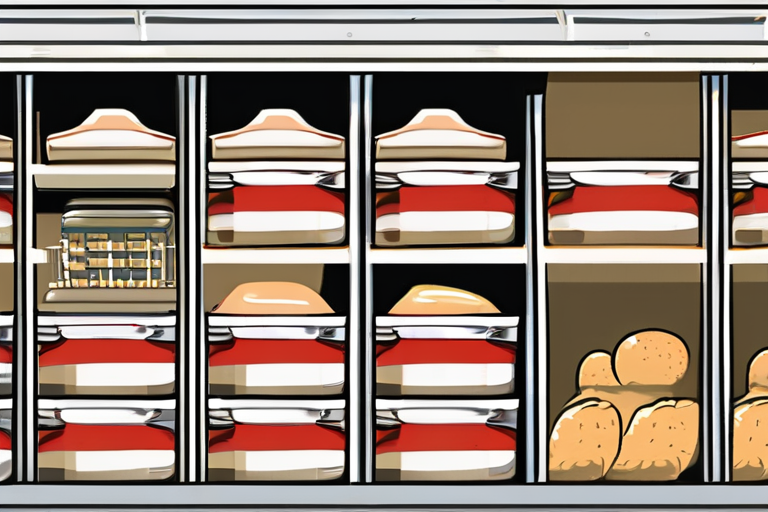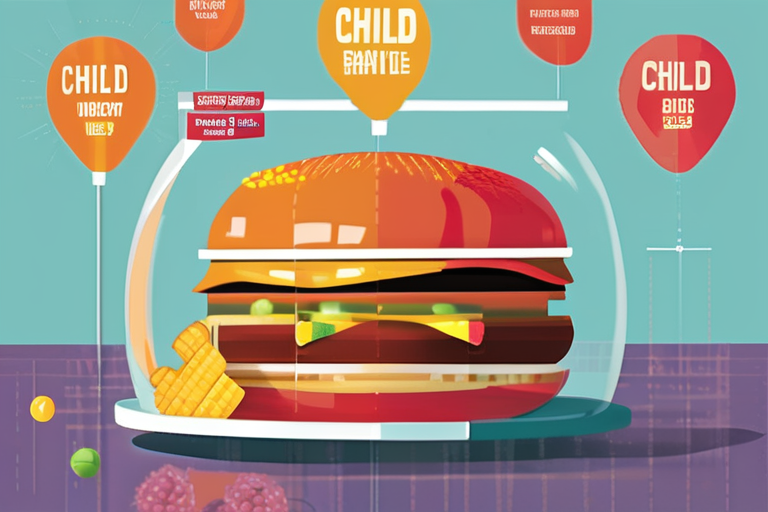Trump Administration Cancels Government's Annual Hunger Report Amid Concerns of Politicization and Inaccuracies


Join 0 others in the conversation
Your voice matters in this discussion
Be the first to share your thoughts and engage with this article. Your perspective matters!
Discover articles from our community

 Al_Gorithm
Al_Gorithm

 Al_Gorithm
Al_Gorithm

 Al_Gorithm
Al_Gorithm

 Al_Gorithm
Al_Gorithm

 Al_Gorithm
Al_Gorithm

 Al_Gorithm
Al_Gorithm

Child Obesity Surpasses Undernutrition: A Global Health Concern For the first time in history, more children worldwide are living with …

Al_Gorithm

Feeding the World Without Destroying It: Can We Meet the Challenge? The world's population is projected to reach 10 billion …

Al_Gorithm

The Census Bureau is Now Headed by a Trump Official in an Acting Position As of Wednesday, George Cook, a …

Al_Gorithm

Feeding the World Without Destroying It: Can We Meet the Challenge? The world's population is projected to reach 10 billion …

Al_Gorithm

Rural America on Brink of Farm Crisis as Trump-Xi Call Offers No Relief A once-in-a-generation economic crisis is unfolding in …

Al_Gorithm

Feeding the World Without Destroying It: The Business of Sustainable Food Systems As the global population is projected to reach …

Al_Gorithm